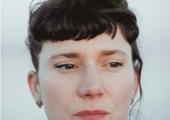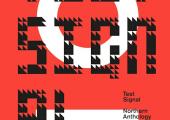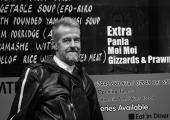Sebastian Faulks: Snow Country review - insects under a stone

Faulks' new novel is incapable of saying anything about humanity as a whole
Historical fiction – perhaps all fiction – presents its authors with the problem of how to convey contextual information that is external to the plot but necessary to the reader’s understanding of it.









